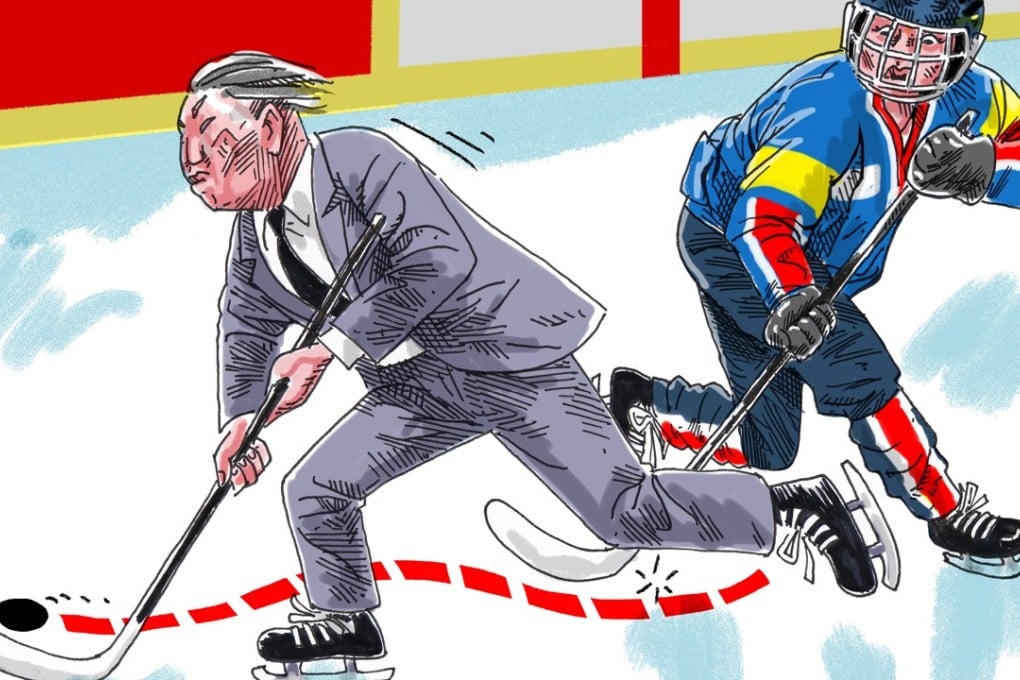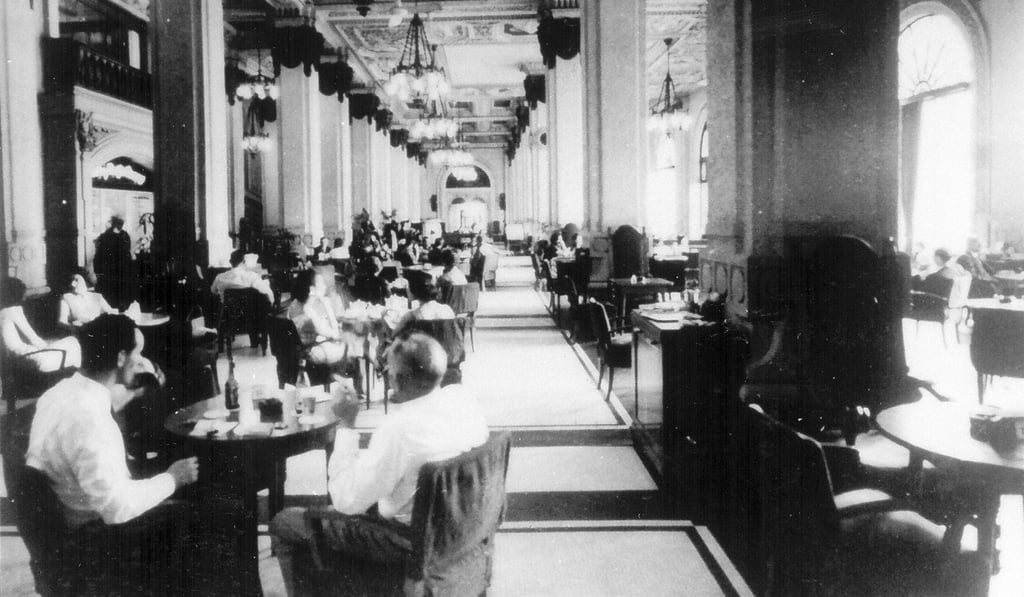How the long road to a unified Korean Olympic team began in Hong Kong
Brian Bridges says the first attempt to field a joint team led to bilateral talks in Hong Kong in 1963, the first such talks since the Korean war. This and other failed attempts over the years show that politics and sport are inextricably linked

For both Koreas, sport represented a tangible means to showcase the proclaimed superiority of each political system in this intense rivalry for prestige and international legitimacy. By the late 1950s, the IOC was hoping that the two Koreas could copy east and west Germany, which created an all-German Olympic team for the first time for the 1956 Olympics, but the German formula proved unachievable in the tense inter-Korean atmosphere so soon after the bitter Korean war.
North Korean delegation arrives in the South ahead of the 2018 Pyeongchang Games
In the run-up to the 1964 Tokyo Olympics, the IOC tried to force the creation of a unified team, this time by effectively threatening the South that if no efforts were made to organise a joint team, then the North would be allowed to compete as an independent team. This led the South to suggest a Korean-only meeting, without IOC involvement, in Hong Kong.
The South criticised the North’s delegation for making political propaganda, while the North accused the South of insincerity
Consequently, the first meeting between North and South Korean representatives after the Korean war was held in Hong Kong from May 17, 1963. Although Hong Kong government officials preferred not to have the North Koreans coming, the Foreign Office in London made it clear that the demands of the Olympic movement must be met. Visas were duly issued and the North Koreans arrived by train across the border from China on May 15. They stayed at the Miramar Hotel, although the meetings were held at the Peninsula hotel.
Given the distance from the IOC’s headquarters in Switzerland, the then president of the Amateur Sports Federation and Olympic Committee of Hong Kong, Arnaldo de Oliveira Sales, was asked to help out on logistical support issues, but neither he nor his staff were allowed to attend the actual talks.
The talks continued for nearly two weeks and covered the flag, the uniforms, mission memberships and the elimination contests for choosing the best athletes for the combined teams. Other details were to be settled at a follow-up meeting, which the IOC insisted should again be held in Hong Kong, because it was “a good neutral site” and “the two sides agreed on it before and had a successful meeting there”.

The bilateral talks resumed on July 26, but broke up after only one day. Sales called the meeting a “debacle”, while the IOC itself noted that the talks had hardly begun before they “degenerated into ideological and political squabbles”. The South criticised the North’s delegation for making political propaganda, while the North accused the South of insincerity. Reporters outside the meeting heard shouting and fists being pounded.